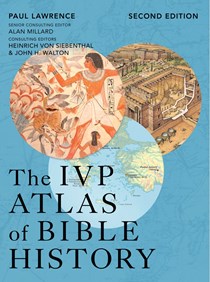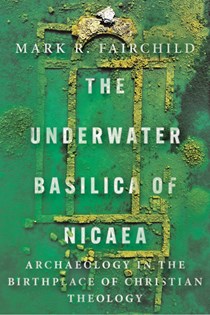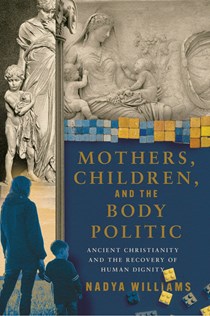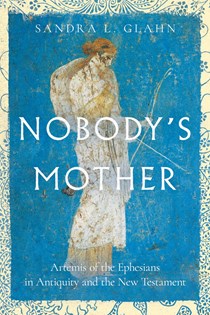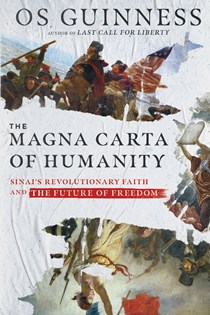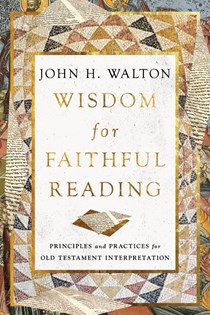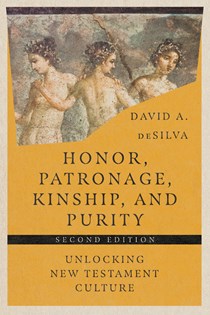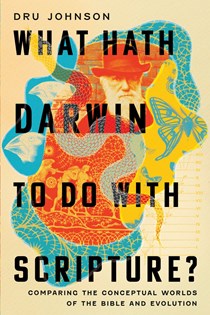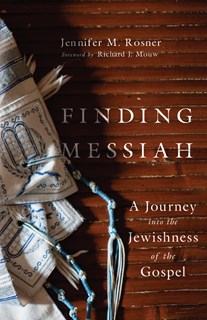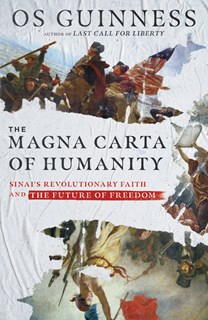Ancient World
-
The IVP Atlas of Bible History
Consulting Editor A. R. Millard and John H. Walton
by Paul Lawrence
Consulting Editor Heinrich Von SiebenthalWhat does is mean for the church to recover the biblical practice of lament? Drawing deeply from key passages in Scripture, Old Testament scholar May Young offers a guide for readers to gain deep understanding of lament texts and grow a true practice of lament that helps us move through pain and suffering to experience God's renewed hope.
-
The Underwater Basilica of Nicaea
Archaeology in the Birthplace of Christian Theology
by Mark R. Fairchild
In 2014, aerial photography revealed a structure that appeared to be in the shape of a basilica submerged beneath Lake Iznik, near the ancient city of Nicaea. Including excavation images and dig site maps, biblical scholar and archaeologist Mark Fairchild's work reveals what he argues is likely the location of the First Council of Nicaea.
-
Mothers, Children, and the Body Politic
Ancient Christianity and the Recovery of Human Dignity
by Nadya Williams
Today humans are often seen as commodities rather than image bearers. Classics scholar Nadya Williams brings insight from the beliefs and practices of the early church about motherhood, raising children, and human life, suggesting there is a way to recapture a vision that affirms the imago Dei in each person above our economic production.
-
Nobody's Mother
Artemis of the Ephesians in Antiquity and the New Testament
by Sandra L. Glahn
Does "saved through childbearing" in 1 Timothy 2:15 mean that women are slated primarily for rearing children? Sandra Glahn thinks that we have misunderstood Paul and the context to which he wrote. Combining spiritual autobiography with new research on the Greek goddess Artemis, Glahn lays a biblical foundation for God's view of women.
-
The Magna Carta of Humanity
Sinai's Revolutionary Faith and the Future of Freedom
by Os Guinness
What kind of revolution brings true freedom to both society and the human soul? Cultural observer Os Guinness contrasts the secular French Revolution with the faith-led revolution of ancient Israel. Arguing that the story of Exodus is the richest vision for freedom in human history, his exploration charts the path to the future for America.
-
Wisdom for Faithful Reading
Principles and Practices for Old Testament Interpretation
by John H. Walton
The church has often lost its way in reading the Old Testament for lack of sound principles of interpretation. John Walton offers a consistent approach to give us confidence as faithful interpreters, laying out his tried-and-true practices developed over four decades in the classroom. You may never read the Old Testament the same way again.
-
Honor, Patronage, Kinship, and Purity
Unlocking New Testament Culture
by David A. deSilva
In this thoroughly revised and expanded edition of a milestone study, a careful explanation of four essential cultural themes offers readers a window into how early Christians sustained commitment to distinctly Christian identity and practice, and with it, a new appreciation of the New Testament, the gospel, and Christian discipleship.
-
What Hath Darwin to Do with Scripture?
Comparing Conceptual Worlds of the Bible and Evolution
by Dru Johnson
The book of Genesis might be the most Darwinian text of the ancient world. Can the ideas of Scripture and evolutionary science be mutually illuminating? Biblical scholar Dru Johnson calls us beyond creation-versus-evolution debates to explore the continuities and discontinuities between biblical themes and those of Darwin and modern science.
-
Finding Messiah
A Journey into the Jewishness of the Gospel
by Jennifer M. Rosner
Foreword by Richard J. MouwAs a person raised in a Jewish home and who continues to live a Jewish life, scholar of Jewish-Christian relations Jennifer Rosner takes us on a personal and corporate journey into the Jewish roots of Christian practice and faith. Rediscover the Jewish Jesus, and in doing so, experience a deeper and richer faith than ever before.
-
The Magna Carta of Humanity
Sinai's Revolutionary Faith and the Future of Freedom
by Os Guinness
What kind of revolution brings true freedom to both society and the human soul? Cultural observer Os Guinness contrasts the secular French Revolution with the faith-led revolution of ancient Israel. Arguing that the story of Exodus is the richest vision for freedom in human history, his exploration charts the path to the future for America.


